Genetics
-
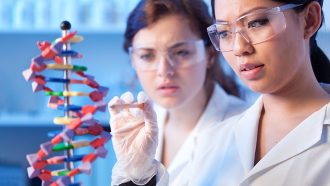 Genetics
GeneticsLet’s learn about DNA
DNA is made of two chemical chains twisted around each other. It stores information that allows cells to grow and function.
-
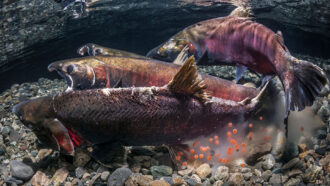 Life
LifeScientists Say: Egg and sperm
An egg or a sperm cell contains half of the normal genes an organism needs. They fuse together to form a new individual.
-
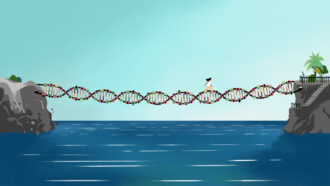 Humans
HumansBy not including everyone, genome science has blind spots
Little diversity in genetic databases makes precision medicine hard for many. One historian proposes a solution, but some scientists doubt it’ll work.
-
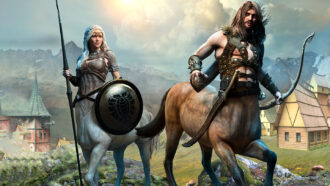 Animals
AnimalsHow do you build a centaur?
A centaur has the torso of a human and the body of a horse. It may sound cool, but it wouldn’t work very well.
-
 Genetics
GeneticsScientists Say: Evolution
Evolution is how species change over time. Individuals in the group vary, and some will pass on their genes. Over time, the whole species changes.
-
 Genetics
GeneticsGene editing can alter body fat and may fight diabetes
Researchers have long dreamed of using brown fat to fight obesity and diabetes. Work in animals shows they’re closing in on achieving that dream.
-
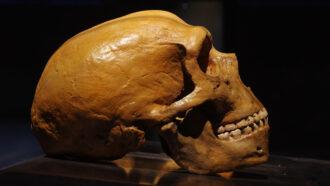 Health & Medicine
Health & MedicineSome Neandertal genes may up the risk of severe COVID-19
Most of the affected people descend from communities in South Asia or live in Europe today.
-
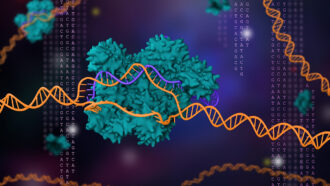 Chemistry
Chemistry2020 chemistry Nobel goes for CRISPR, the gene-editing tool
Only eight years after its development, CRISPR has revolutionized genetics. It also just brought Emmanuelle Charpentier and Jennifer Doudna acclaim.
-
 Chemistry
ChemistryStinky success: Scientists identify the chemistry of B.O.
They turned up the enzyme in bacteria behind that underarm stench. Understanding how it works could pave the way to new types of deodorant.
-
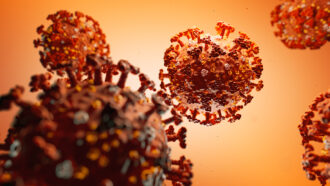 Health & Medicine
Health & MedicineA Hong Kong man got the new coronavirus twice
His is the first confirmed case of reinfection with this virus. His second bout was detected by accident, because he showed no symptoms.
-
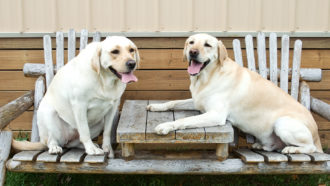 Animals
AnimalsTo figure out your dog’s ‘real’ age, you’ll need a calculator
What’s your dog’s human-equivalent age? Just multiply how old it is times seven, right? Uh, no. And here’s why.
-
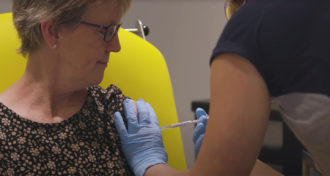 Health & Medicine
Health & MedicineNew COVID-19 vaccines show promise in people
Early data from human trials show that several candidate COVID-19 vaccines produce virus-inactivating antibodies and immune cells that fight the virus.